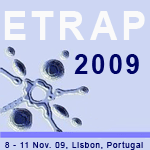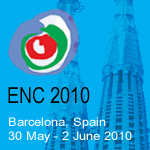 |
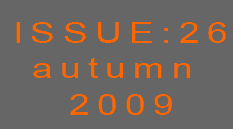 |
Issue No. 26 Autumn
|
ENS News |
ENS Events |
Member Societies & Corporate Members |
High Pressure - Boiling Water Reactor, HP-BWR, concept Romanian-Belgian Seminar on “Nuclear Energy and the environment” International Symposium on Nuclear Energy – SIEN 2009 Space flight research at the Belgian Nuclear Research Centre |
YGN Report |
Spanish Young Generation Network in ICEM’09/DECOM’09 The Swiss Young Generation Project 2009 |
ENS World News |
ENS Members |
Links to ENS Member
Societies |
____________________ |
____________________ |
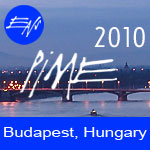 |
Pime 2010 |
____________________ |
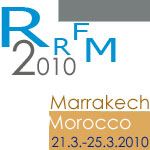 |
RRFM 2010 |
____________________ |
ENC
2010 |
____________________ |
|
|
|
 |
Space flight research at the Belgian Nuclear Research Centre – SCK•CEN |
|---|
The Belgian Nuclear Research Centre is one of the largest federal research centres in Belgium with laboratories in Mol and a registered office in Brussels. More than 600 employees advance the peaceful industrial and medical applications of nuclear science. The purpose: to maintain and expand a centre of excellence for nuclear research. In particular the research focuses on the safety of nuclear installations, safe treatment and disposal of radioactive waste, protection of man and environment against ionising radiation and the control of fissile and other strategic materials.
The acquired knowledge is spread through education and communications. SCK•CEN analyses the social implications of its research in the pursuit of sustainable development. It uses its know-how and infrastructure to provide services to the government and the industrial and medical sectors. In addition, SCK•CEN is a partner in several international research programs.
SPACE FLIGHT RESEARCH
In-space weightlessness and high cosmic radiation can influence the health of astronauts and the environment in which they live. SCK•CEN plays an important role in the field of microbiology, human biology and dosimetry in space and is also member of the Flemish Space Industry organisation. Its gathers together companies, research centres and education institutes operative in the space market.
-
Microbiology
For some years now, scientists have been searching for a solution to problems that arise during long space missions. Hence SCK•CEN is participating in the development of the MELiSSA project. This is a group of interconnected biological reactors with 4 compartments for the purification and recycling of air and water and for the production of food, using bacteria and plants. SCK•CEN is doing research through experiments on earth and in space. In this way, the correct functioning of the bacteria in the bioreactors in space conditions, including the higher cosmic radiation and the weightlessness, is studied. It is extremely important to be able to guarantee the liability of the system and thus the safety of the astronauts who have to rely on it.
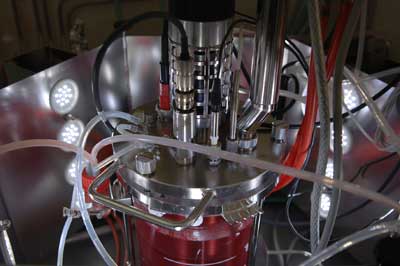
Melissa-project
Micro organisms can cause also in space infections and diseases and can damage structural materials, even destroying or corroding them. Therefore, SCK•CEN works together with European, Russian and American scientists to map the amount and the type of bacteria and fungi present in closed space capsules, in order to develop in the future new prevention, detection and remediation methods.
2. Radiobiology
Scientists know that a space travel has an influence on the human body. Next to cosmic radiation and weightlessness, stress factors like living in a closed environment, work load and disturbed sleep and eating patterns, can also cause problems. A space journey affects amongst others the immune system of the astronauts. What this is due to and which mechanisms play a role needs further examination. In cooperation with European, American and Russian space agencies, SCK•CEN measures, in the astronauts blood, the influence of a long stay in space.
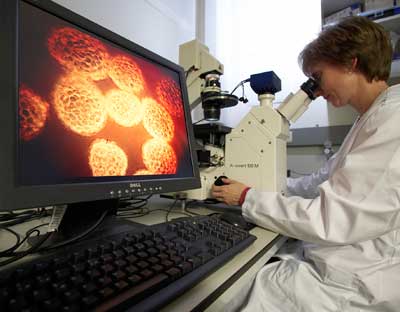
Radiobiological research
Can astronauts get pregnant in space and can the embryo develop normally? To be able to answer this question, a team of ESA will study the biological development of vertebrate organisms in space conditions. 33 laboratories are involved in this project. They will investigate the physiology, molecular biology, biochemistry and behavioural apsects in all development stages of the embryo. SCK•CEN contributes with its extensive experience in the field of radiobiology, embryology and molecular biology. The mouse is a good model for research in human embryology and is frequently used in molecular, biochemical and pathological studies.
3. Dosimetry – another research project:
SCK•CEN sends regularly dosimeters to the ISS with the Space Shuttle and the Soyuz capsules. These dosimeters stay there for a couple of days up to a couple of months and are afterwards analysed on earth. In this way dosimeters have been attached to the outside of the ISS for more than one year now. The study is being carried out in cooperation with other international laboratories. Measuring the radiation field outside a space station is unique. In the meantime, several radiation sensors and techniques are tested to improve the measurement of cosmic radiation.
More information is available at: SCK•CEN: www.sckcen.be
Space research on SCK•CEN: www.sckcen.be/en/Our-Research/Research-domains/Radiation-protection
Contact: info@sckcen.be
| |
